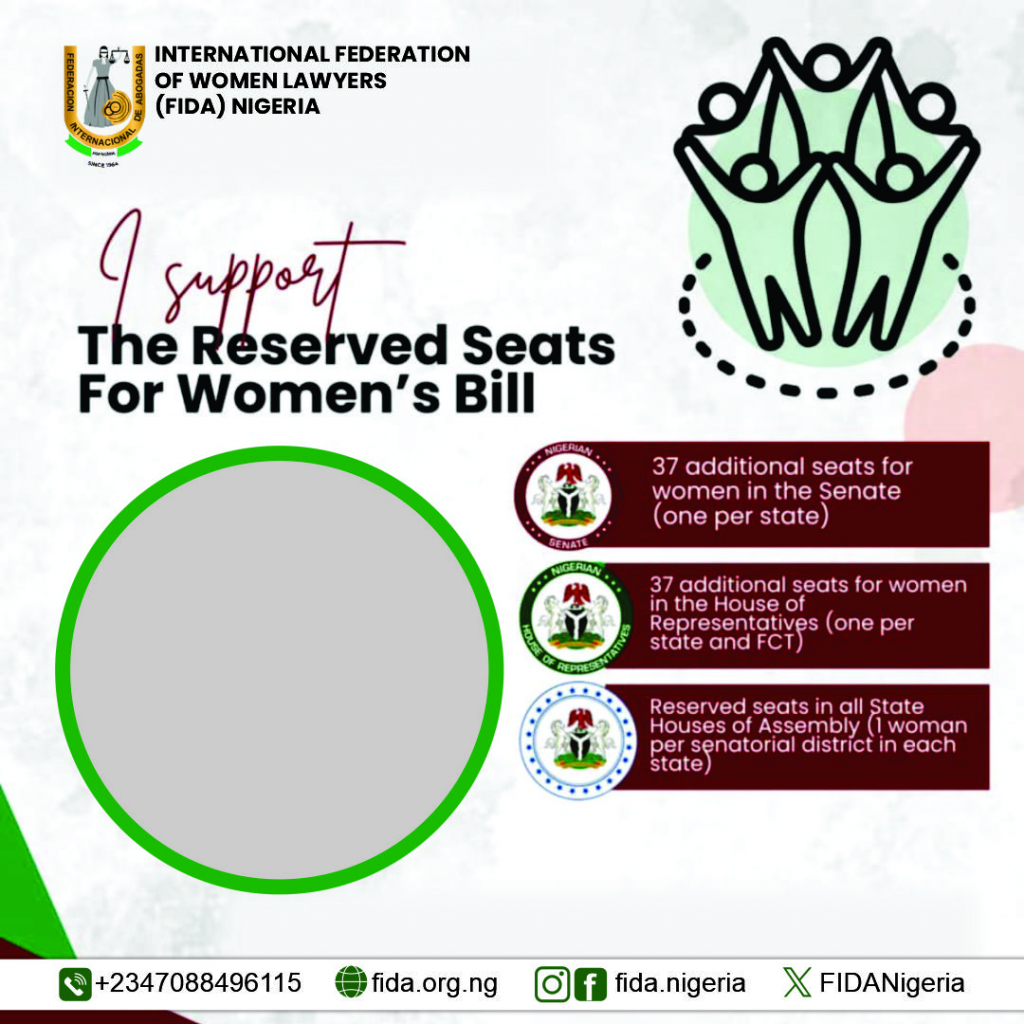The Physiology Career Awareness and Training Initiative 2025 (PCATI-2025) is scheduled to take place between 4th to 6th August 2025 will be hosted by the Department of Human Physiology, Bayero University Kano in collaboration with the Department of Human Physiology, Federal University Dutse and the Center for Biotecnology Research (CBR), Bayero University Kano.
The PCATI-2025 is a transformative program designed to address critical gaps in physiology education, research, and career development in low- and middle-income countries (LMICs) like Nigeria. These gaps include:
- Limited awareness of diverse career opportunities in physiology
- Inadequate adoption of advanced teaching methodologies
- Insufficient research capacity.
By targeting these challenges, the initiative seeks to inspire, empower, and equip participants with the knowledge, skills, and tools required to excel in the field of physiology.
By directly addressing the challenges faced by physiology lecturers, who navigate both teaching and research responsibilities in many LMICs, as well as students striving to build their careers, the initiative aims to inspire, empower, and equip participants with the knowledge, skills, and tools required to excel in the field of physiology.
The project focuses on three key objectives:
- Raising Awareness about Diverse Physiology Careers: Despite the vast potential of physiology as a discipline, many students and graduates in LMICs are unaware of the diverse career paths it offers, ranging from academia and research to industry and clinical applications. This initiative will bridge this gap through inspirational presentations by renowned speakers, interactive round table discussions, and participant-led sessions. By showcasing success stories and pathways, the program will motivate students, graduates, and professionals to explore and pursue rewarding careers in physiology.
- Improving & Enhancing Physiology Teaching: Traditional teaching methods often fall short in engaging students and preparing them for modern challenges. This program will introduce advanced teaching technologies, such as Virtual Reality (VR) for immersive and interactive learning experiences, and the use of Learning Management Systems (LMS) for improving engagement and providing dynamic assessment tools. These innovations will not only make learning more effective but also enhance the overall teaching quality in institutions. By training educators in these technologies, the initiative will empower them to modernize their teaching practices, thereby addressing the gap in contemporary physiology education in LMICs.
- Through VR-based instruction, the program aims to equip lecturers with skills on how they can create immersive, interactive demonstrations that improve student engagement and comprehension. For example, using Human Anatomy VR, Complete HeartX, and 3D Organon, they can simulate complex physiological processes such as impulse transmission through the cardiac conduction system or respiratory mechanics, allowing students to explore these functions in a dynamic, three-dimensional environment. These demonstrations can also be recorded and saved as videos that can be accessed by students anytime in the future. Additionally, VR platforms like Body Interact provide realistic simulations for critical procedures like CPR, enabling students to practise life-saving techniques in an interactive and controlled setting.
- Building Research and Clinical Capacity: In many LMICs, including Nigeria, physiology research faces challenges due to limited expertise and access to advanced methodologies. To address these issues, our initiative will offer intensive, hands-on training covering essential molecular biology techniques such as nucleic acid extraction, polymerase chain reaction (PCR), and gel electrophoresis.
Additionally, we will provide training in data analysis and the application of Artificial Intelligence (AI) in physiological research. These sessions are designed to equip participants with the necessary skills to conduct high-quality, innovative research, thereby enabling them to contribute significantly to the global scientific community.
Through these approaches, this initiative addresses current gaps by promoting a collaborative and inclusive environment. Participants from various institutions and regions will engage in practical demonstrations, brainstorming sessions, and small group projects, encouraging the exchange of ideas and skills. The program also aims to establish a robust network of physiologists who can support each other in overcoming challenges unique to LMICs. The expected outcomes include increased awareness of diverse physiology career opportunities, improved teaching methodologies and enhanced research capabilities and expertise. These will lead to better employability, increased research output, and strengthened regional and international collaborations.










Comments